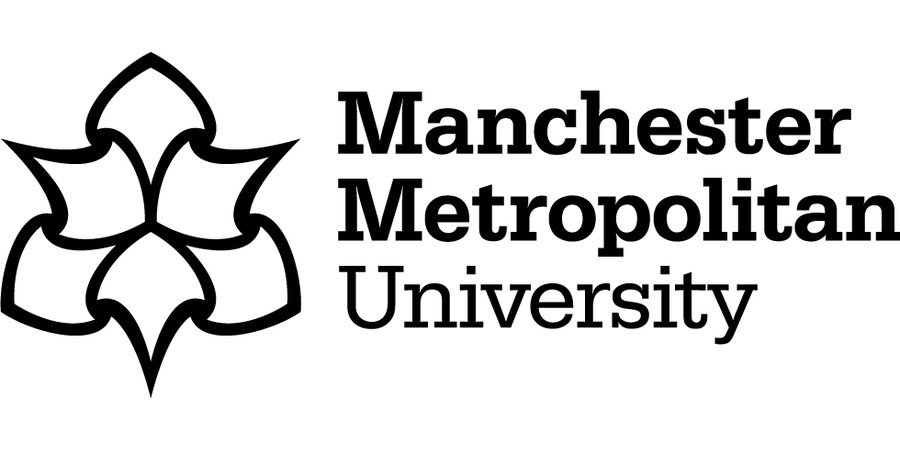PhD Studentship - Investigating the Pathophysiological Effects of Environmental Carbon Monoxide Exposure on the Developing Cardiovascular System During Pregnancy
Manchester Metropolitan University
| Qualification Type: | PhD |
|---|---|
| Location: | Manchester |
| Funding for: | UK Students |
| Funding amount: | £20,780 |
| Hours: | Full Time |
| Placed On: | 23rd April 2025 |
|---|---|
| Closes: | 29th May 2025 |
| Reference: | SciEng-LR-2025-CORT |
Emerging research has implicated exposure to environmental carbon monoxide (CO) in the manifestation of a broad range of cardiovascular disorders, including deep vein thrombosis, vascular dementia, and congenital heart defects. During pregnancy, the developing foetus is particularly vulnerable to CO exposure. Recent work in the chick embryo has demonstrated that levels as low as 8ppm - akin to CO levels in urban areas - can induce cardiac malformations, further highlighting risk to the unborn child. As an endogenous regulator of vascular tone, CO is known to play an important role in vascular homeostasis and regeneration, but the cell and molecular mechanisms that underpin CO-induced cardiovascular pathology remain elusive.
This project will explore the impact of CO exposure on both the formation of embryonic blood vessels and the function of vascular cells. By characterising when and how CO disrupts these fundamental biological processes, you will help to elucidate disease pathophysiology associated with this environmental pollutant, helping to inform future treatment and prevention strategies. Findings will be of significant interest in efforts to improve human health and patient outcomes globally, and in turn, will address key questions to advance our holistic understanding of detrimental impact of CO in society’s most vulnerable groups.
Project aims and objectives
Aim
This project will address underlying CO pathology in the embryonic heart and characterize impact on the formation and function of blood vessels during foetal development.
Objective 1: Determine how CO exposure impacts the formation and structure of the coronary vasculature.
Objective 2: Explore the capacity of CO to modulate blood vessel expansion, remodelling, and maturation.
Objective 3: Investigate CO-induced vascular dysfunction. You will use a range of experimental techniques to reveal how CO disrupts the normal function of vascular cells, including testing the integrity of the vessel lining and the ability of the cells to prevent blood clotting.
Funding
The student will be in receipt of a stipend payment; the Research Council minimum rate (set by UKRI) £20,780 for 2025/26.
Only Home students can apply. Home fees are covered.
Specific requirements of the candidate
We are seeking an enthusiastic and highly motivated individual to join our vibrant and rapidly expanding doctoral community. You will benefit from access to state-of-the-art equipment and facilities within the Department of Life Sciences, including extensive bioimaging and cell culture provisions. Prospective candidates will hold an honours degree (minimum 2:1 classification) in a relevant related subject. An MSc and/or experience in routine cell and molecular biology techniques (including immunohistochemistry, western blotting, qPCR, and cell culture) is advantageous but not essential.
How to apply
Interested applicants should contact Dr Liam Ridge for an informal discussion in the first instance.
To apply you will need to complete the online application form for a full time PhD in Biological Science.
You should also complete the Narrative CV form addressing the project’s aims and objectives, demonstrating how the skills you have maps to the area of research, how your experience makes you suitable for this position, and why you see this area as being of importance and interest.
You will need to upload your narrative CV and a cover letter in the supporting documents section or email the application form and all documents to PGRAdmissions@mmu.ac.uk.
Closing date: 29 May
Expected start date – October 2025
Please quote the reference: SciEng-LR-2025-CORT
Advert information
Type / Role:
Subject Area(s):
Location(s):









